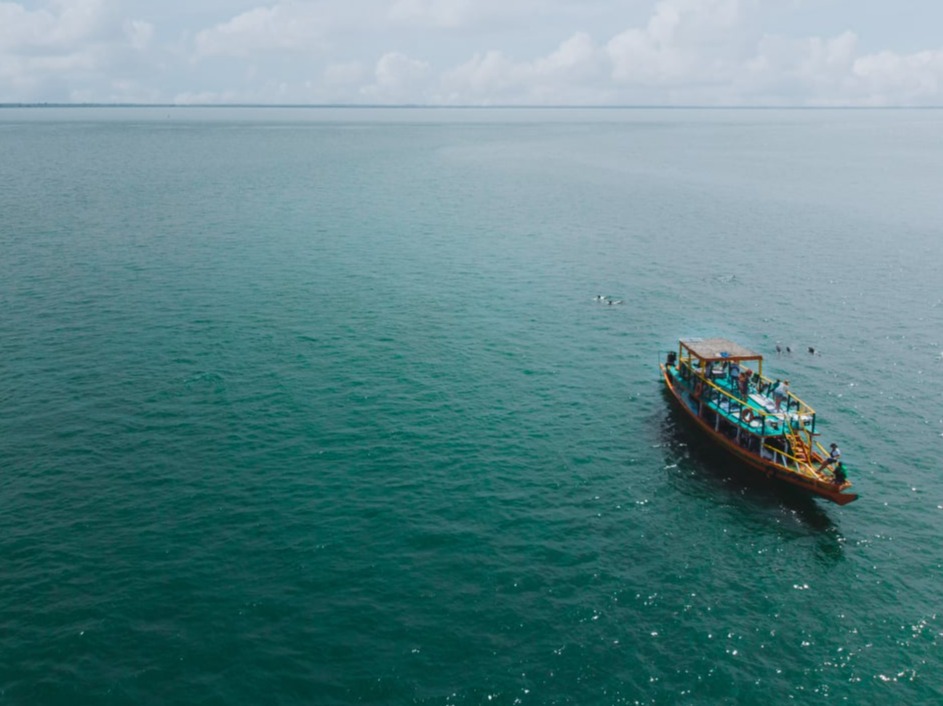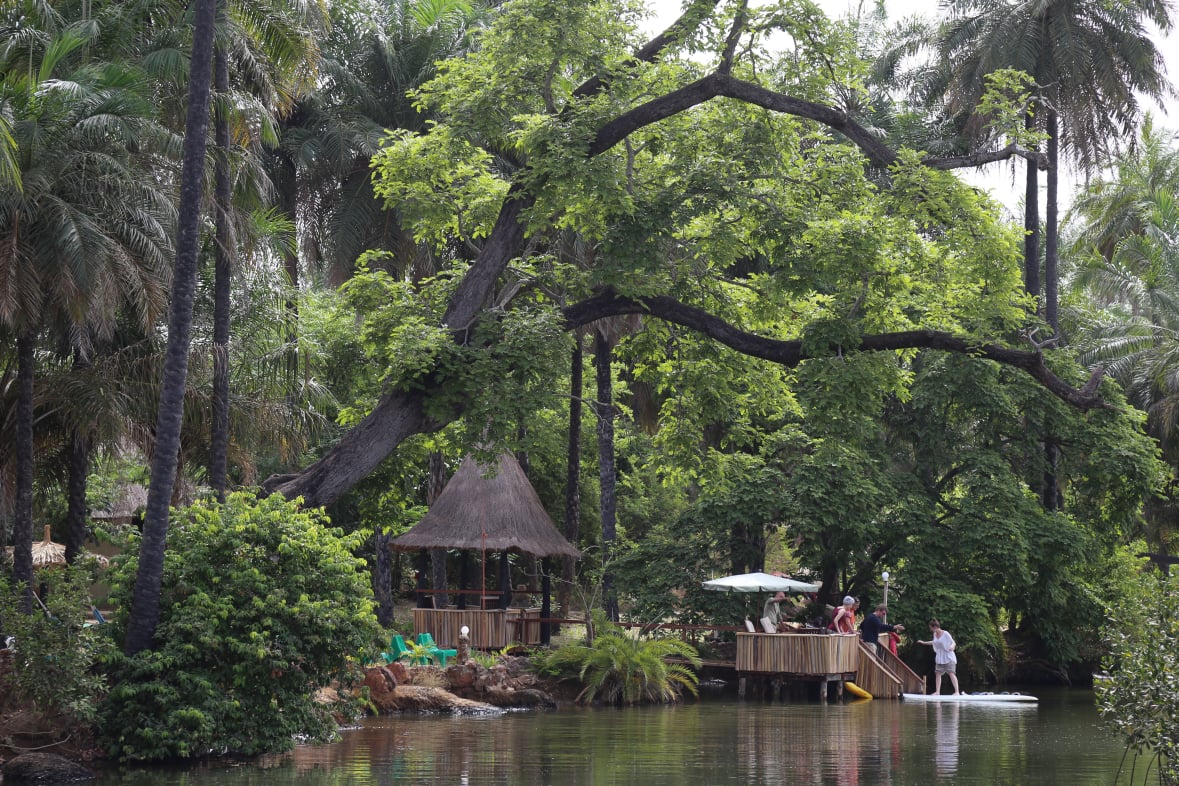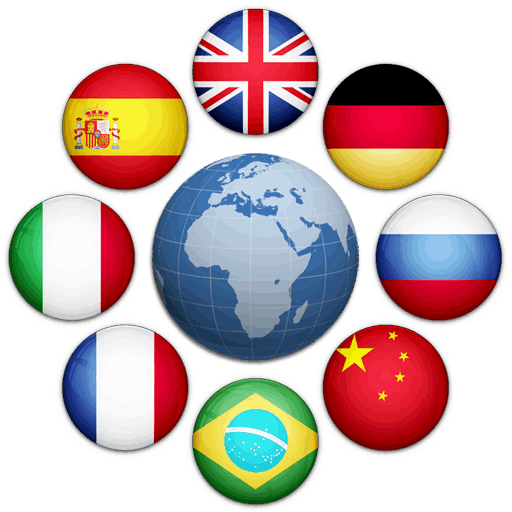Gambia Info
Gambia observes Greenwich Mean Time all year. There are no Daylight Saving Time clock changes.
The Republic of Gambia, a West African country, is almost entirely surrounded by Senegal, with a coastline on the Atlantic Ocean. Situated on both sides of the Gambia River, it is the smallest mainland country in Africa, spanning 4,127 square miles. The country has a population of around 1.9 million people, representing various ethnic groups, each with its own language and traditions. The Mandinka ethnic group is the largest, followed by Fula, Wolof, and Jola. In Gambia, multiple languages are spoken, with Mandingo being the most common, alongside English, Fula, Serer, and Jola. The country is a former British Colony, and the official language is English, which favors numerous visitors. Educated in English, most Gambian people are at least bilingual. Often referred to as the “Smiling Coast of Africa”, Gambians are famed for their hospitality and laid-back lifestyle. They are also highly regarded for its high degree of tolerance and respect for other cultures.
In West Africa, The Gambia has a population near to 2 milion of people and its economy relies on agriculture, fishing, and tourism. The majority of the population are Muslims (90%), with Malikite Sunnis and Ahmadiyya Muslims being prevalent. Christians account for 9%, primarily Roman Catholics. Around 1% practice traditional African religions such as the Serer religion. Additionally, other religions like Hinduism, Buddhism, and Bahá’í are also present. The country promotes religious harmony, with syncretism and interfaith marriages being common. The constitution ensures religious freedom and prohibits the formation of political parties based on religion. Sharia law is applicable to Muslims in Qadi courts.
In The Gambia, the exchange rate for the official local currency Dalasi is determined by market forces in a free float regime. Foreign exchange transactions can be done at banks and bureaus without restrictions on fund transfers within the financial system. Commercial banks can provide foreign exchange for all transactions independently.
Hot Rainy Season (June to November); Cooler Dry Season (November to May)
Hotels and restaurants in The Gambia serve various international and African cuisines mainly prepared with rice, millet and maize.
There is a large selection of antique masks, carvings, jewellery, leather-works, and hand woven fabrics to be found all over The Gambia.
In Gambia – like all the African destinations – music is essential for the culture and tradition of its population: they has a variety of traditional musical instruments and the most famous of them is the Kora-a 21 string harp…they will capture you in their special atmosphere!



